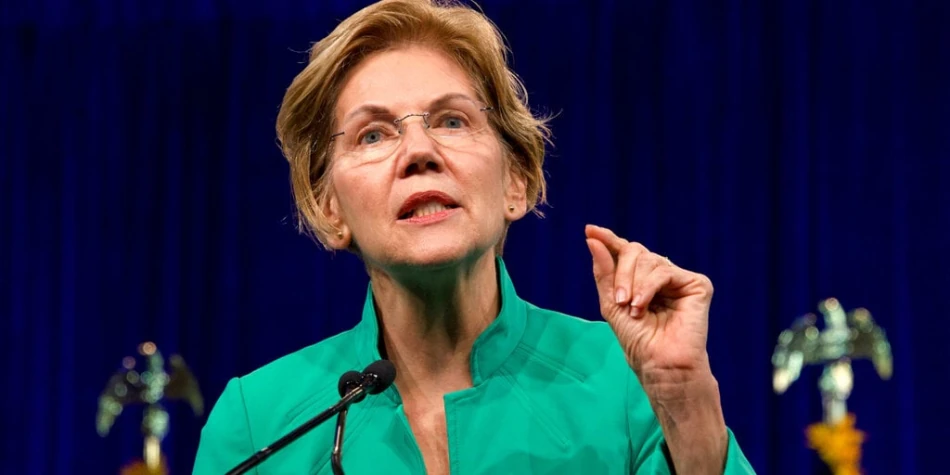
Walmart and Amazon's Stablecoin Plans Face Backlash from Elizabeth Warren and Consumer Advocates
Retailers Amazon and Walmart are considering issuing their own stablecoins, according to a Friday report in the Wall Street Journal.[...]
Corporate Stablecoins: How Big Tech and Retail Giants Are Eyeing the Next Financial Frontier
Major Players Prepare for Crypto Expansion as Regulatory Landscape Shifts
As the U.S. Senate considers the groundbreaking GENIUS Act, an unexpected group of companies - including Amazon, Walmart, and Expedia - are positioning themselves to potentially issue corporate stablecoins. This development marks a significant evolution in digital assets, moving beyond speculative cryptocurrencies to practical financial applications backed by major corporations.
Why Stablecoins Attract Corporate Giants
Stablecoins - cryptocurrencies pegged to stable assets like the U.S. dollar - offer several strategic advantages for large corporations:
- Data monetization: Access to granular customer spending patterns could enhance targeted marketing and product development
- Cost savings: Potential to bypass traditional payment networks and their associated fees (typically 1.5-3.5% per transaction)
- New revenue streams: Opportunity to earn interest on customer balances, similar to how banks profit from deposits
This corporate interest follows global trends, with China's digital yuan and Facebook's abandoned Libra project demonstrating how both governments and corporations recognize the value of controlling digital payment rails.
Regulatory and Consumer Protection Concerns
The potential entry of corporate stablecoin issuers has raised alarms among policymakers and consumer advocates:
- Senator Elizabeth Warren (D-MA) warns of "private surveillance currencies" that could track purchases while avoiding banking regulations
- Financial stability risks: Corporate-issued currencies might lack the safeguards of traditional banking systems
- Anti-competitive effects: Large retailers could potentially undercut smaller businesses by creating closed-loop payment ecosystems
Corey Frayer of the Consumer Federation of America notes, "We're seeing a potential repeat of the 19th century's wildcat banking era, but with tech companies instead of banks issuing the currency."
The Global Context of Corporate Digital Currencies
While the U.S. debates corporate stablecoins, other approaches have emerged worldwide:
- China: State-controlled digital yuan with limited private sector involvement
- EU: Strict regulations under MiCA (Markets in Crypto-Assets) framework
- Japan: Collaboration between banks and tech firms on digital payment solutions
What This Means for Consumers and Investors
The GENIUS Act's progress could create several implications:
- Consumers: Potential for loyalty rewards integration but reduced payment privacy
- Investors: New asset class opportunities but increased complexity in assessing corporate balance sheets
- Businesses: Smaller merchants may face pressure to adopt dominant corporate payment systems
As the debate continues, the financial landscape appears poised for significant transformation, with corporate stablecoins potentially reshaping how consumers transact and how businesses manage payments in the digital economy.
Most Viewed News








